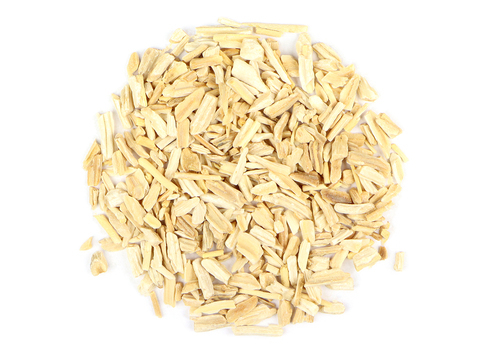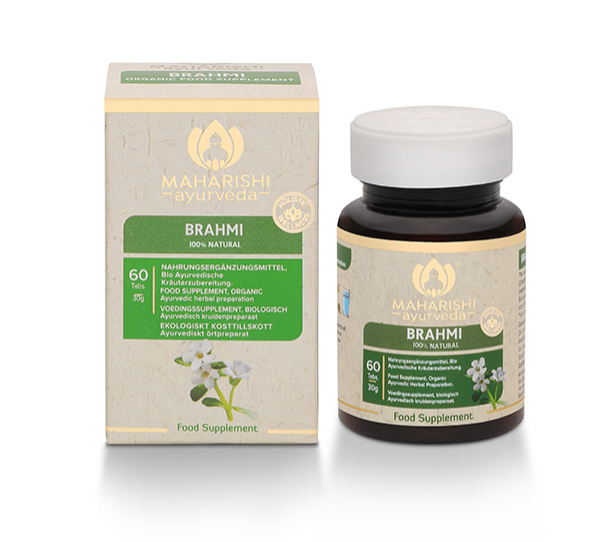Date: 16 Feb 2016
Latin name: Asparagus racemosus Willd (Liliaceae)
Sanskrit/Indian name: Shatavari, Satavar, Satmuli
General information:

In Sanskrit, Asparagus means ‘she who possesses a hundred husbands,’ implying its ability to help support fertility and vitality. It regulates hormonal secretion and acts as a galactagogue, which promotes lactation in nursing women.
Asparagus has been used in a variety of ways through the centuries. The tubers were once candied and eaten as a sweetmeat. Nursing mothers ate Asparagus because it supported the production of breast milk. In some cultures, people drank the fresh juice of the root mixed with honey. Others used it topically in medical oils for its soothing and cooling properties.
Key therapeutic benefits:
- The herb helps in digestion and alleviates ulcers and other inflammatory stomach ailments.
-
Asparagus can restore hormonal balance in women who have fluctuating hormonal levels due to menstruation and menopause. It enhances fertility and regulates the menstrual cycle.
-
It is a natural diuretic that reduces water retention.
















Post comment